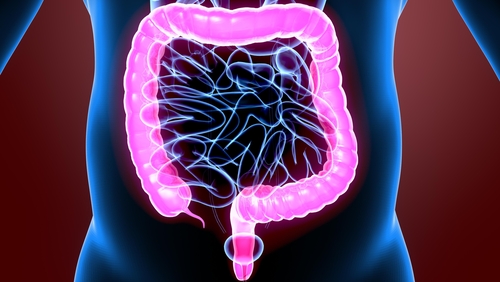Researchers have identified a protein — SCIMP — as a molecular trigger for inflammation, according to a new study. The information could be useful in developing treatments for conditions such as inflammatory bowel disease (IBD) and rheumatoid arthritis.
The study, “SCIMP Is A Transmembrane Non-TIR TLR Adaptor That Promotes Proinflammatory Cytokine Production From Macrophages,” was published in the journal Nature Communications.
Inflammation is the body’s defense against infectious pathogens or faulty cells, but when it becomes exaggerated and uncontrolled, it can trigger mechanisms that lead to tissue damage, pain, and inflammatory diseases.
Using cell cultures from mice, University of Queensland researchers found that SCIMP — an immune-restricted, transmembrane adaptor protein (TRAP) — promotes inflammation by binding to protein receptors at the surface of macrophages. That, in turn, activates molecular pathways that lead to the production of cytokines, or inflammatory molecules. (Macrophages are immune system cells whose function is to detect and eliminate invading pathogens.)
SCIMP was unable to trigger inflammation, activate the macrophages, or promote cytokine production when researchers introduced point mutations in the protein’s sequence — confirming its role as a macrophage-mediated inflammation regulator.
“SCIMP is the first protein of its kind to be discovered that binds directly to the pathogen receptors on immune cells that trigger inflammatory responses,” Jennifer Stow, one of the study’s senior authors, said in a news release. “This makes SCIMP a valuable new drug target with the potential to reduce or ‘switch off’ selected inflammatory responses.”
Knowing the molecular pathway by which SCIMP promotes inflammation could be useful in designing anti-inflammatory treatments, the researchers said.
“SCIMP-based drugs might also have fewer side effects and would potentially be an option for more than half of the patients with inflammatory diseases who find little or no relief from current treatments,” Stow said.

